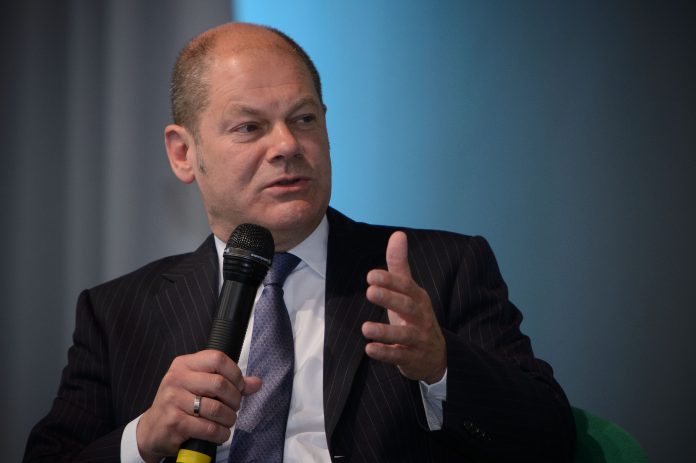Germany’s Social Democrats (SPD) must seize the opportunity to reform the European Union in a new governing alliance with Chancellor Angela Merkel, the party’s interim leader said on Wednesday.
Should Germany’s Social Democrats (SPD) join a new governing alliance with Chancellor Angela Merkel? The party’s 464,000 will soon decide in a postal ballot beginning on February 20.
Olaf Scholz, appointed SPD interim leader on February 14, said EU reform plans included in the coalition agreement were a strong reason to back the deal.
“The window of opportunity is now, not in five or 10 years – maybe then it won’t be there anymore,” he told party members gathered in a beer tent in Vilshofen, in the southern state of Bavaria. “We need to act now.”
As reported by Reuters news agency, the coalition deal envisages stronger Franco-German cooperation, allocating budget funds for economic stabilisation in Europe, increased German contributions to the EU budget, and transforming the ESM bailout fund into a European Monetary Fund.
But EU reform, which has moved up the agenda with Britain poised to leave the bloc next year, is an issue that fails to resonate with many party members who are more concerned with jobs and working conditions.
SPD leaders, facing a slump in opinion polls, have their work cut out to convince rank-and-file to endorse the coalition deal with Merkel, a re-run of the power-sharing arrangement they began in 2013.
According to Reuters, many within the SPD harbour misgivings about sharing power with Merkel, believing the party should rebuild in opposition after suffering its worst result in last September’s election since Germany became a federal republic in 1949.
Results of the SPD ballot are due on March 4. A “no” vote would likely lead to new elections, prolonging uncertainty in Europe’s most populous country and economic powerhouse.

